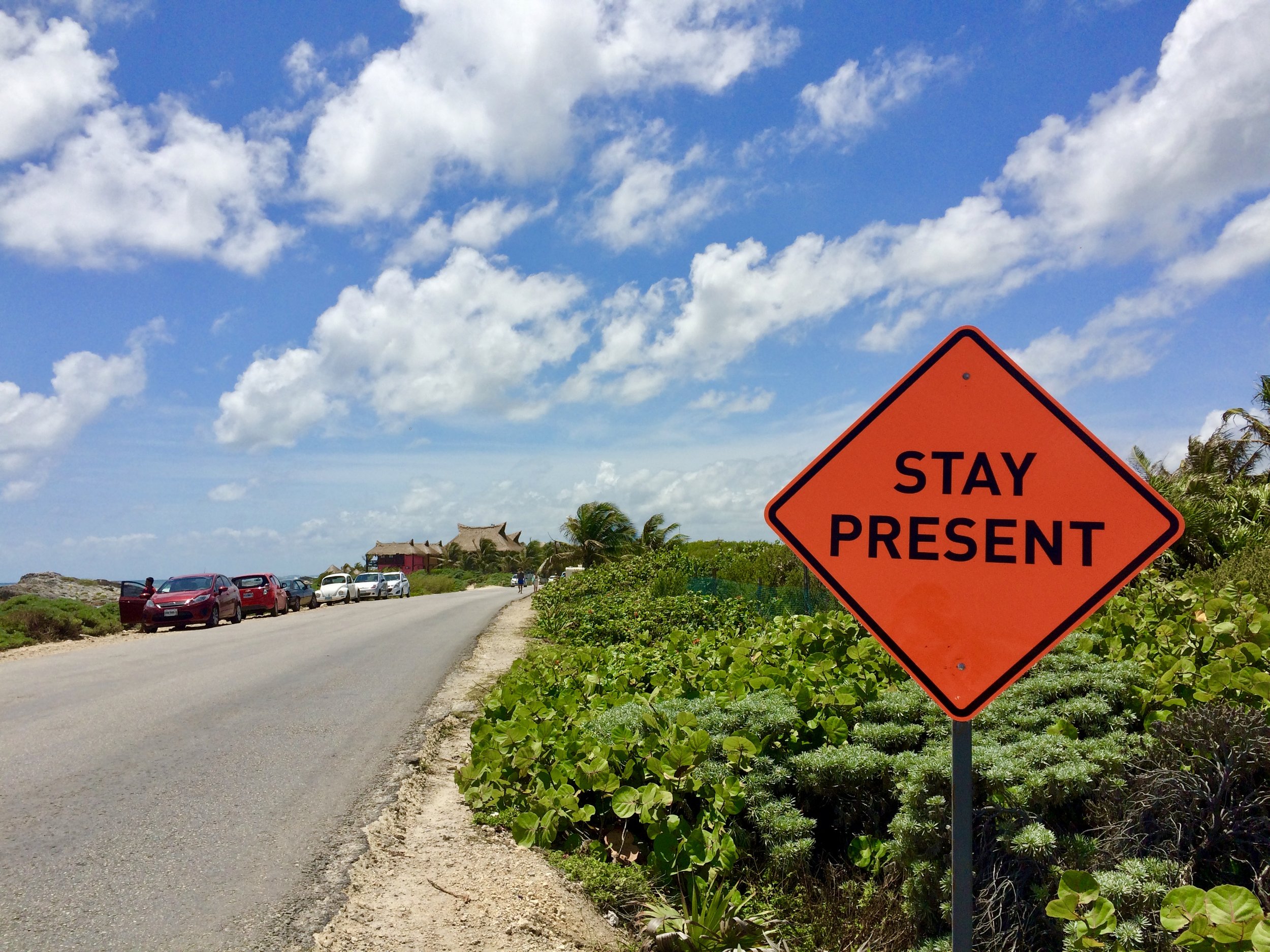
Some things personal, some things good for you,
and some overall great things.
MIke’s Story:
Below are posts that chronicle the delicate story, and what's become the public story, of my family and of Mike's death. I hope that you get from it whatever you need. It has been a difficult but decidedly fruitful exercise in honesty, connection, and community. Whenever researching people's struggles and suicidality, be sure to care for yourself.









